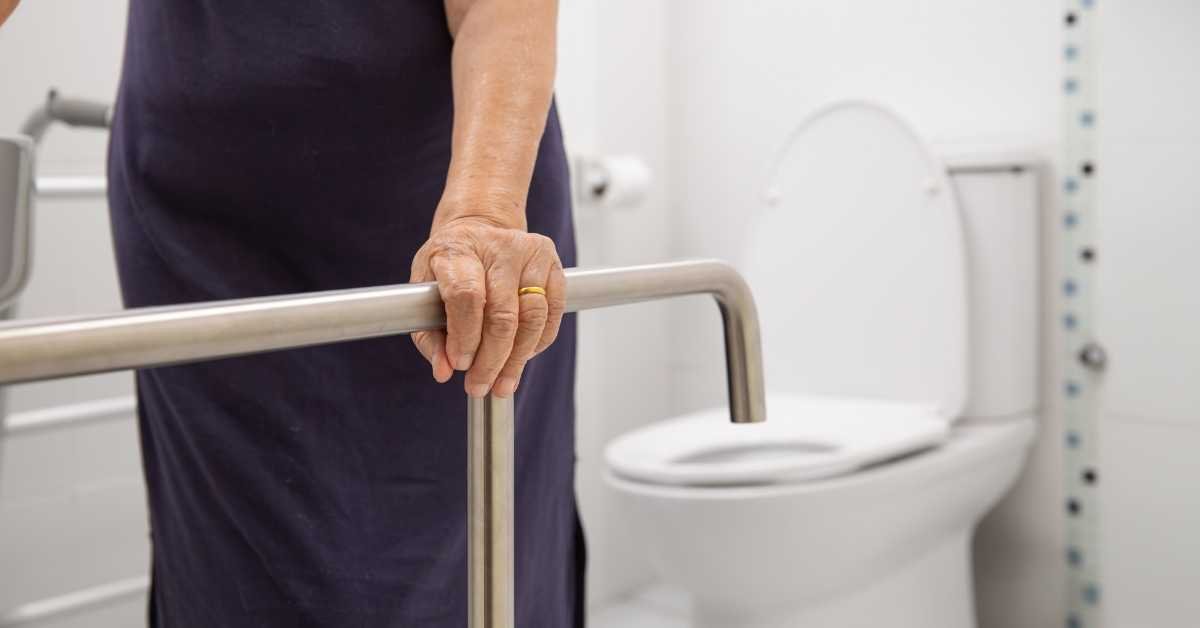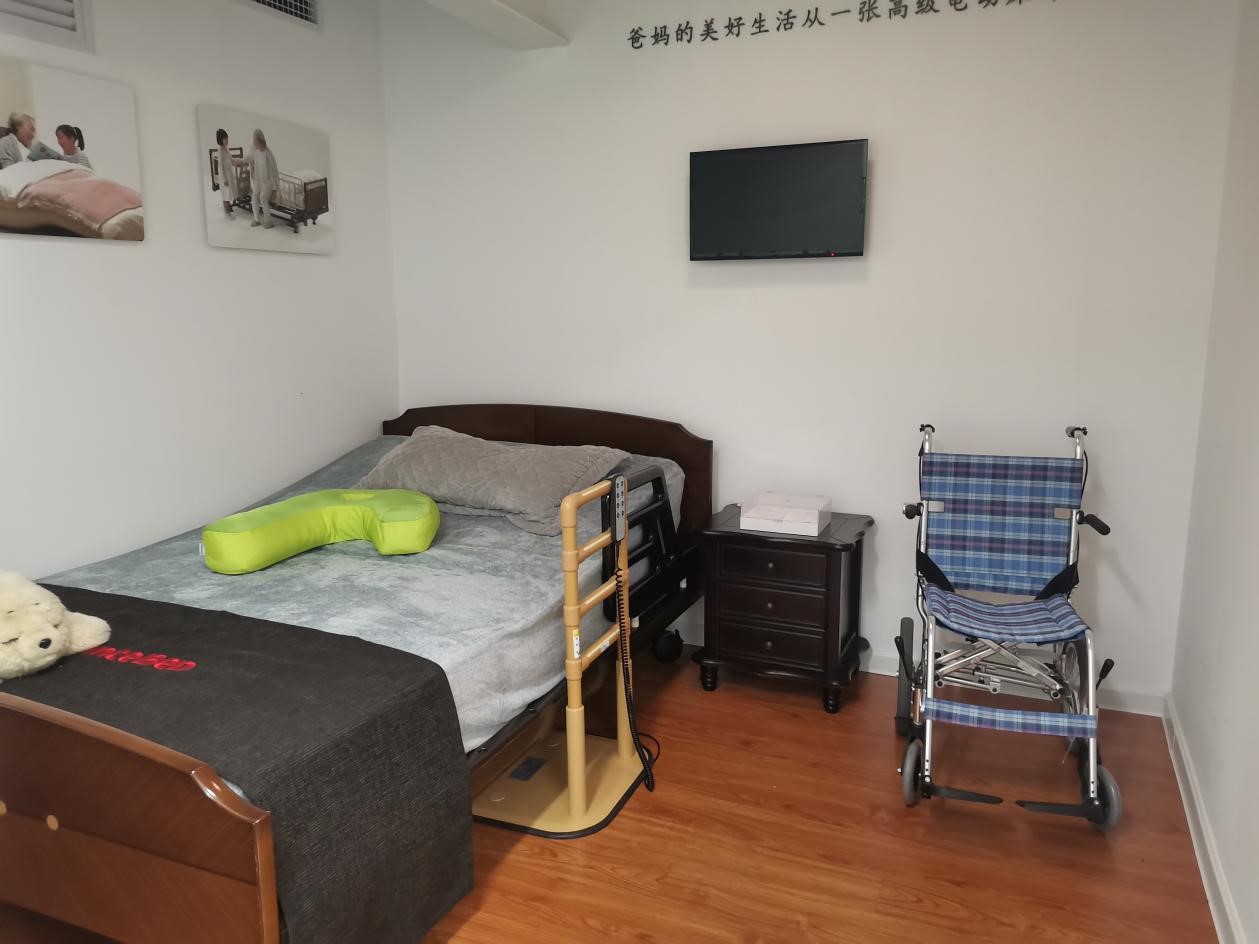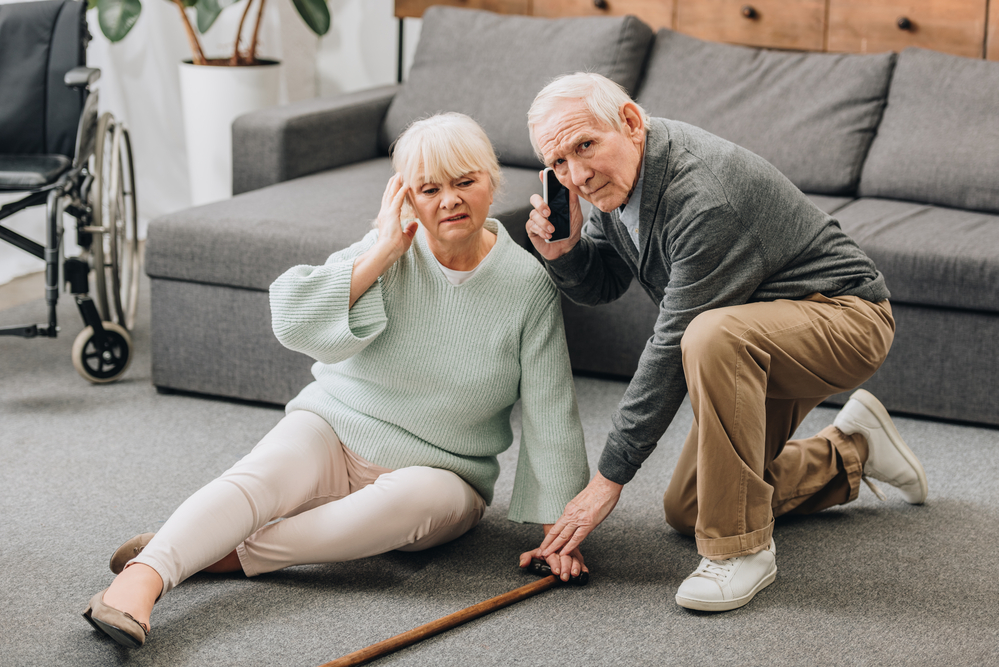As we age, maintaining a safe and comfortable living environment becomes increasingly important. This is especially true for the elderly, who may face unique challenges and vulnerabilities. One critical aspect of ensuring a safe home for seniors is effective pest control. Pests not only pose health risks but can also create hazardous conditions. In this article, we will explore strategies for pest control for elderly safety and how caregivers can help their loved ones live in a secure environment.

Understanding the Importance of Pest Control for Seniors
The presence of pests such as rodents, insects, and other critters can significantly impact the health and safety of elderly individuals. Pests can carry diseases, contaminate food, and cause allergic reactions. Moreover, pests can create physical hazards, such as tripping over droppings or nests. Therefore, maintaining a pest-free home is crucial for seniors’ overall well-being.
Common Pests That Affect Seniors
Understanding the types of pests that commonly invade homes is the first step in implementing effective pest control measures. Some of the most common pests that affect seniors include:
- Rodents: Mice and rats can contaminate food and spread diseases.
- Insects: Cockroaches, ants, and bedbugs are common in homes and can cause allergic reactions.
- Termites: These wood-destroying insects can compromise the structural integrity of a home.
Health Risks Associated with Pests
Pests can pose various health risks, particularly for seniors who may have weakened immune systems. Some of these risks include:
- Allergies: Pests can trigger allergic reactions, causing respiratory issues and skin irritations.
- Diseases: Rodents and insects can carry harmful pathogens, leading to illnesses.
- Contamination: Pests can contaminate food and surfaces, increasing the risk of foodborne illnesses.
Preventive Measures for Pest Control
Taking proactive steps to prevent pest infestations is key to maintaining a safe home environment for seniors. Here are some preventive measures:
Maintain Cleanliness
Keeping the home clean and clutter-free is one of the most effective ways to deter pests. Regular cleaning helps remove potential food sources and hiding spots for pests.
Seal Entry Points
Inspect the home for any gaps, cracks, or openings that pests could use to enter. Seal these entry points with caulk or weatherstripping to keep pests out.
Proper Food Storage
Store food in airtight containers to prevent pests from accessing it. This includes dry goods, pet food, and leftover meals.
Natural Pest Control Methods
While chemical pesticides can be effective, they may not always be safe for seniors. Natural pest control methods offer a safer alternative:
Use Essential Oils
Essential oils such as peppermint, lavender, and tea tree oil can repel pests. Mix a few drops with water and spray around the home.
Plant Pest-Repelling Herbs
Herbs like basil, mint, and rosemary can deter pests when planted around the home or placed in pots indoors.
Professional Pest Control Services
In some cases, hiring professional pest control services may be necessary to effectively manage infestations. Here are some considerations:
Choosing the Right Service
Look for pest control companies that specialize in eco-friendly and non-toxic treatments. Ensure they have experience working in homes with elderly residents.
Regular Inspections
Schedule regular pest inspections to catch any potential issues before they become major problems. This proactive approach can save both time and money.
Caregiver’s Role in Pest Control
Family caregivers play a vital role in ensuring the safety and comfort of their elderly loved ones. Here are some ways caregivers can assist with pest control:
Conduct Regular Checks
Caregivers should routinely inspect the home for signs of pest activity, such as droppings, nests, or damage.
Educate Seniors on Prevention
Educate seniors on the importance of cleanliness and how to identify and report pest issues promptly.
Conclusion
Ensuring pest control for elderly safety is a crucial aspect of maintaining a secure and comfortable living environment for seniors. By understanding the risks associated with pests and implementing preventive measures, caregivers can help protect their loved ones from harm. Whether through natural methods or professional services, a pest-free home contributes significantly to the well-being of elderly individuals. For further tips on maintaining a safe environment for seniors, visit the Living Room Fall Prevention guide.

FAQ
What are the most common pests affecting seniors?
The most common pests affecting seniors include rodents, insects like cockroaches and ants, and termites.
Why is pest control important for elderly safety?
Pest control is important for elderly safety because pests can carry diseases, cause allergies, and create hazardous living conditions.
Can natural pest control methods be effective?
Yes, natural pest control methods, such as using essential oils and planting pest-repelling herbs, can be effective and are safer for seniors.
This article contains affiliate links. We may earn a commission at no extra cost to you.






